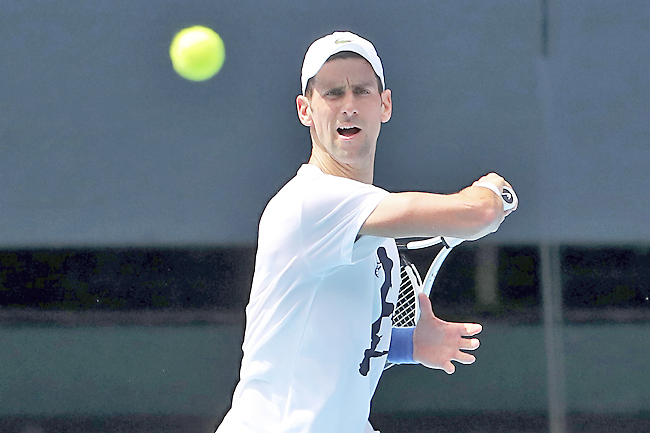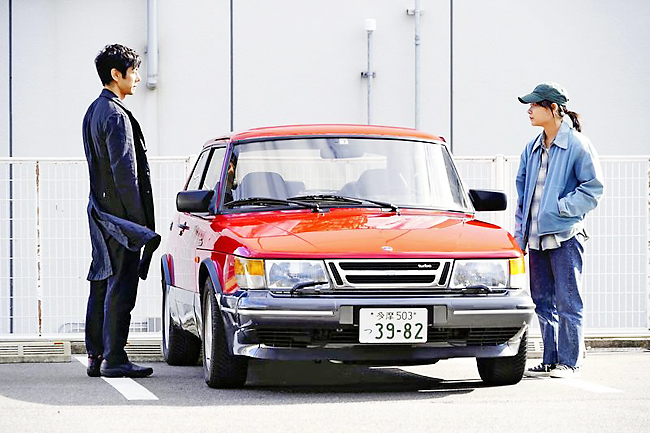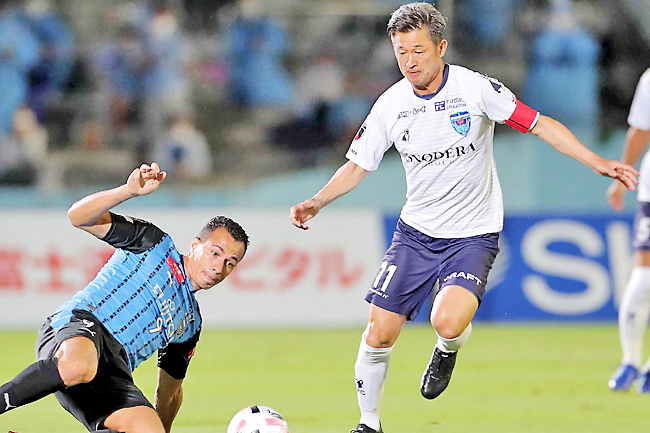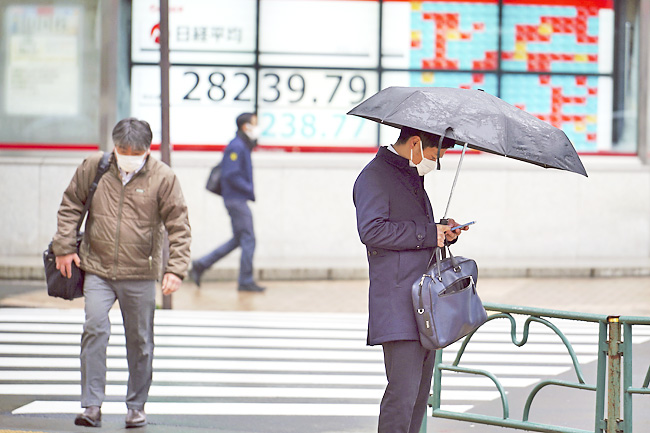Schools resumed on January 3 with a staggered sytem of re-opening for fully vaccinated students and teachers. For some students, they can get back to their regular school assemblies, participate in co-curricular activities (CCA) and attend extra classes.
As for students at institutes of higher learning, more in-person lessons and student activities can be held at halls and auditoriums previously used as national isolation centres for positive COVID-19 patients when the nation was struck by the second wave of the pandemic on August 7, 2021.
I hope that schools and edu-cational institutes will also conduct masked activities in sub-groups of up to five persons, as well as team sports of up to 10 fully vaccinated persons.
Over the past four months, children have been cooped up at home playing video games and some would only go out during the weekends with their parents to popular spots like beaches, recreational parks and hiking trails.
Staying at home for a long period may not be good for their mental health and also disrupts their physical development. The gradual resumption of school activities will help enrich their learning experiences and better support the long-term holistic development and their well-being.
I am also glad to see that the re-opening of all schools was conducted with safety measures in place such as temperature checks, wearing face mask, antigen rapid test (ART) and fixed seats in place for those returning to class.
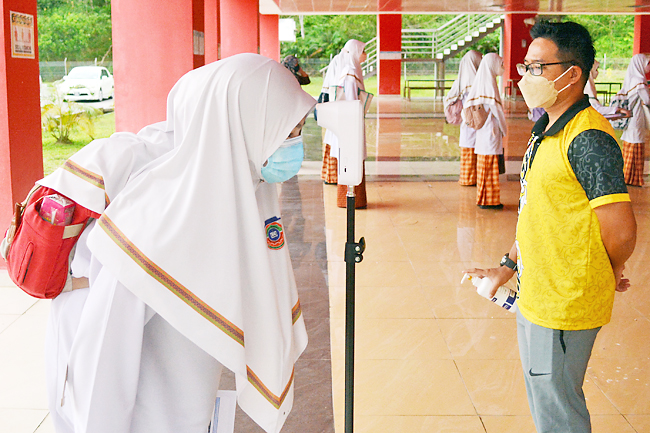
Besides holding in person classes, many schools also opted to provide home learning packs (HLPs) to be collected by parents. As seen in the news, the first week of school re-opening for Year 10 and 11 students was managed in an orderly manner as they are more able to comply with safe management measures, especially important as new Covid-19 variants are more virulent.
I hope the same system will also be applied for children aged five to 12 once they are fully vaccinated and allowed to return to school again.
Other measures to consider in ensuring the safety of students at schools are to disinfect the premises on a daily basis and clean frequently touched surfaces.
The Ministry of Education, Ministry of Health and school authorities deserve a pat on the back for a job well done in efficiently monitoring the well-being of the students while at school and taking measures to safeguard their health by providing sick bays and isolation rooms.
I am also happy to note that tuition classes and music schools have also resumed lessons.
Schools should improve the ventilation system to the greatest extent possible, including, minimally, by opening windows and doors and using fans where it is safe and feasible.
The installation of HEPA filters should also be considered if the classroom is air-conditioned.
Students must also be allowed to leave the classroom at least once an hour. The breaktime period should also be staggered to avoid crowding at school canteens.
Let us hope that with mutual cooperation and effective communication, we can ensure that our schools will remain safe for our children.
School Observer

